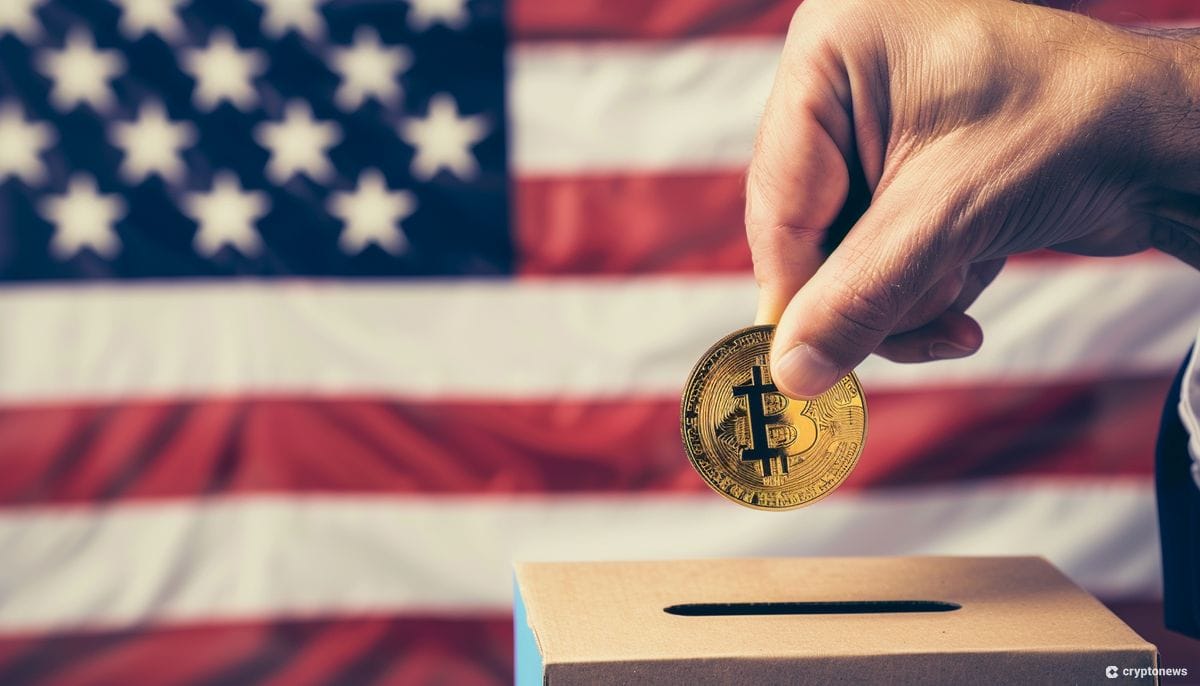The approval of a spot Bitcoin ETF has led to increased interest among American voters in investing in Bitcoin and cryptocurrency, according to a recent Grayscale survey. The study suggests that various factors are driving this interest, including global events, Bitcoin’s growing legitimacy, and fears of inflation. In particular, voters have been paying more attention to Bitcoin in recent months due to geopolitical tensions, inflation concerns, and a weakening dollar. Inflation is seen as the top concern among voters, with 28% citing it as a major worry, highlighting the appeal of Bitcoin’s limited supply.
The Harris Poll commissioned by Grayscale was conducted online and surveyed 1,768 adults between April 30 and May 2, 2024. The survey revealed that nearly one-third of voters are more interested in learning about crypto investing or actually investing in crypto this year. Compared to last November, more voters now view crypto as a good long-term investment opportunity, with an increasing number expecting some of their investments to include crypto. This indicates a growing acceptance and interest in cryptocurrencies among voters.
Presidential candidate Donald Trump has made cryptocurrencies a key part of his campaign strategy, positioning himself as a supporter of the industry. Trump’s positive stance on crypto stands in contrast to Joe Biden’s efforts to regulate and restrict crypto assets. The data shows that ownership rates of cryptocurrencies are nearly identical between Republicans and Democrats, suggesting that crypto’s appeal cuts across political ideologies. Trump’s strong emphasis on crypto during his campaign reflects the growing popularity of cryptocurrencies among voters.
While voters are not strongly aligned with one party on crypto issues, an equal percentage believe that both Democrats and Republicans are more crypto-friendly. This indicates that interest in cryptocurrencies transcends political affiliations and is a topic of interest across party lines. Ownership levels of cryptocurrencies are similar across parties, but Republicans tend to prioritize Bitcoin and crypto issues related to inflation and economics, while Democrats focus more on other concerns. The increasing popularity of crypto, especially among young voters, highlights the importance of the next government’s stance on crypto and blockchain technologies.
As a large majority of young voters, particularly Gen Z and Millennials, believe that crypto and blockchain will revolutionize finance, the handling of crypto by the next government will be crucial. This demographic shift in attitudes towards crypto suggests that policymakers need to consider the growing interest and adoption of cryptocurrencies among the younger generation when formulating regulations and policies. With voters showing greater interest in cryptocurrency investments, the future of crypto in the political landscape remains an important and evolving issue.




















